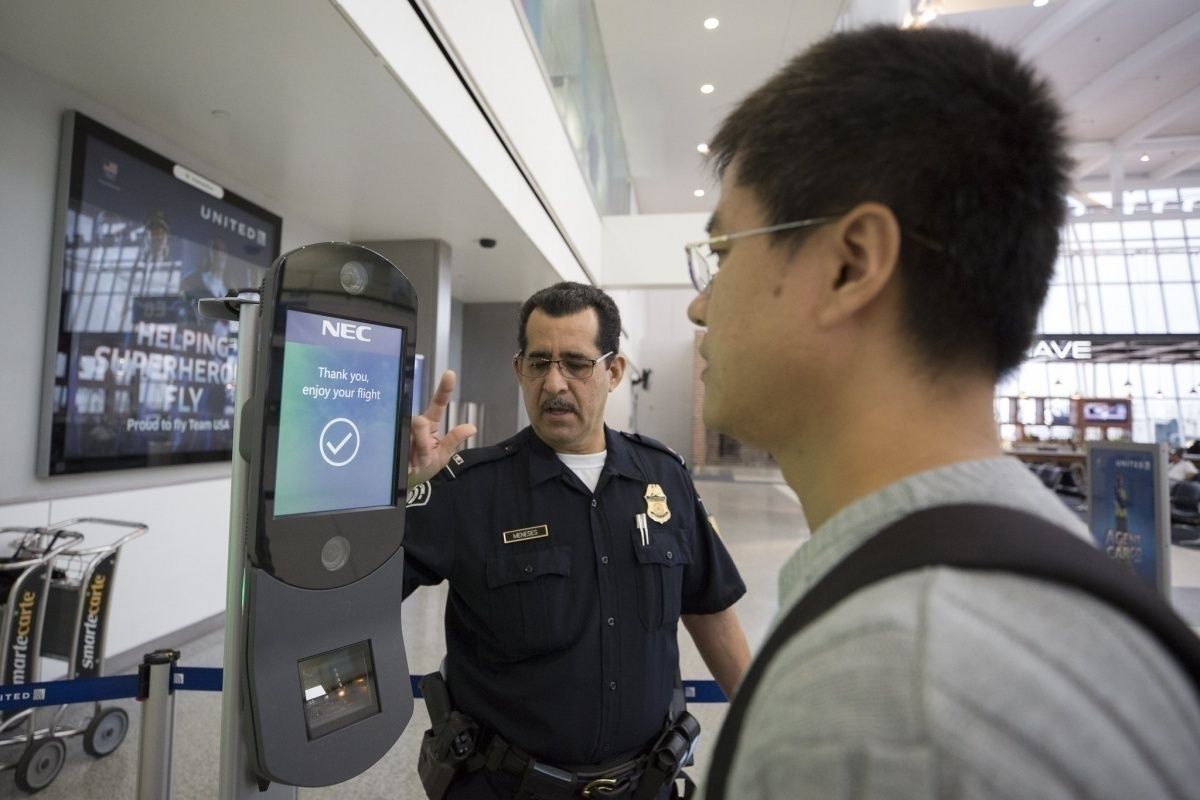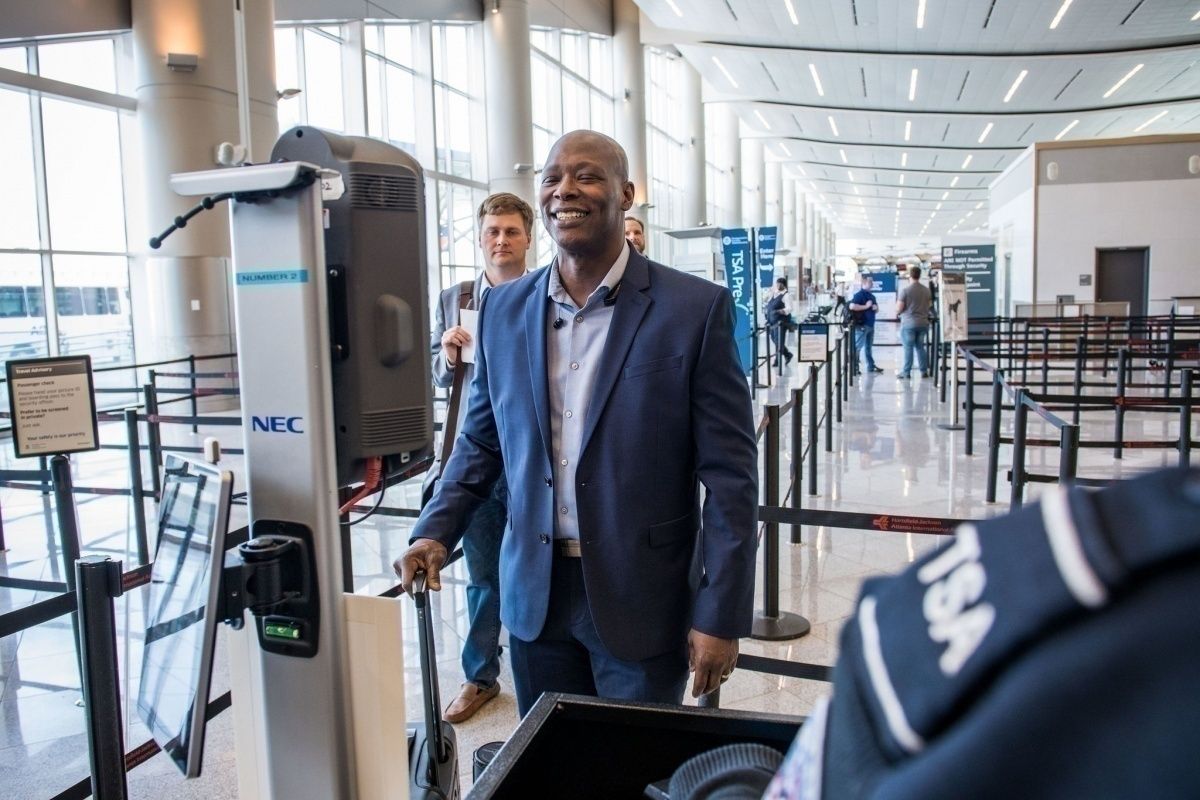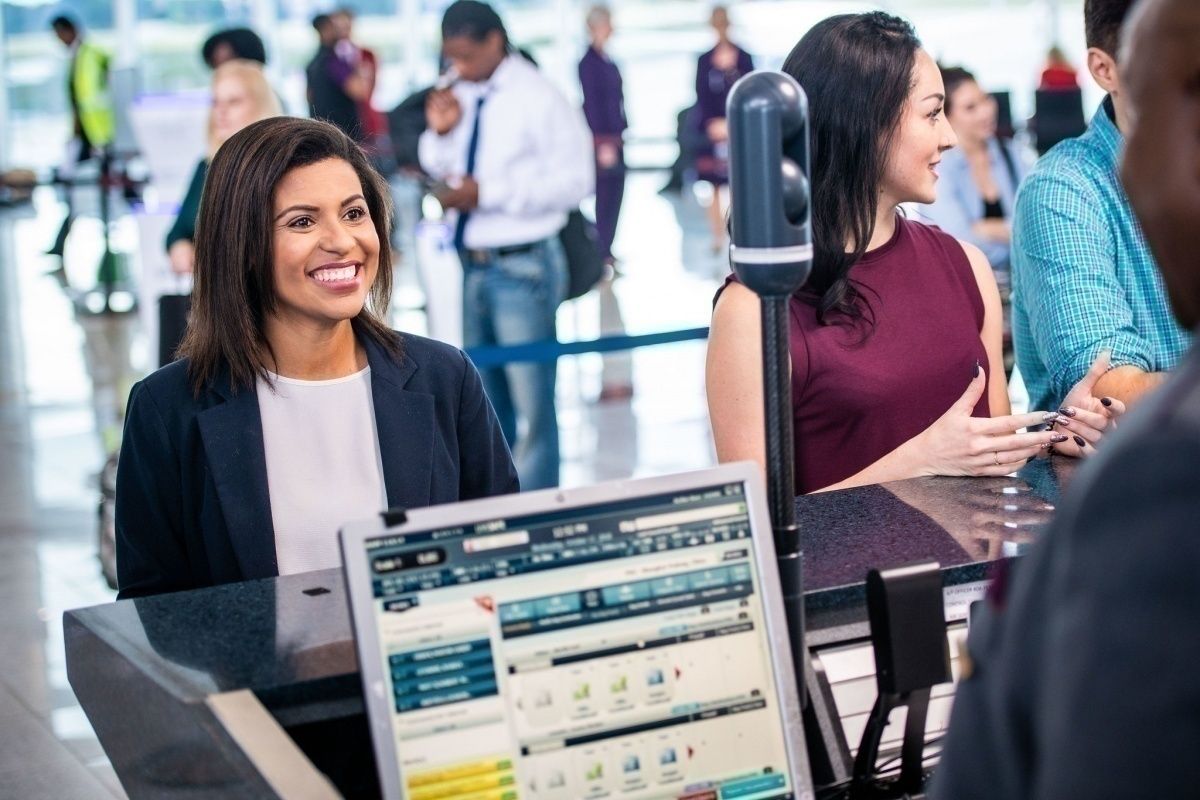With many airports opting for efficiency-enhancing technology, facial recognition systems are on the rise. Beijing Daxing has become the latest airport to employ the technology behind Los Angeles International Airport and Madrid-Barajas, to name but a few. But what concerns does this technology produce?
The argument for facial recognition
Facial recognition, or biometric screening, is a process of capturing live images of passengers faces' to verify identity. It can be used for boarding and final passport controls upon arrival. The main purpose is to speed up the otherwise human interaction as well as making the process more cost-effective. It means that more passengers will be able to traverse through airports in less time.
Facial recognition scanners are becoming commonplace in airports throughout the world. In the United States, for example, Customs and Border Protection says that around 15 airports in the country are currently using facial recognition for entry purposes. 22 airports are also using the technology for exiting passengers.
However, as with any surrender of biological identity information, there are some concerns over the storage and processing of this data.
At the moment, biometric screening is not mandatory in all airports. Those who do not wish to proffer live images of themselves can still opt for a human service. However, if the technology is ever to reach its full potential then airports will likely use this technology more frequently in the interest of efficiency. But should passengers worry?
Why would travelers worry?
I'm sure I'm not the only one who arrives at an airport and wants to get away as quickly as possible. I'll always choose the fast-track service with the shortest queue. Not everyone is thinking about the data implications of facial recognition technology. But is there a case for those who are?
Well, let's examine the potential issues. For a start, there's the data protection. Who will be handling this data and for how long? Those are valid concerns. For the individual traveler, there's value in checking specifically with the airport you're traveling with to secure this information. However, the main crux is that data protection laws exist to prevent the mistreatment of sensitive data like biometrics. In the UK, GDPR regulation prevents airlines from releasing information to unauthorized sources.
When it comes to biometric ID, Gatwick says that it has its own protection policy which means information is not stored beyond a certain period and not shared outside the European Economic Area. The airport is particularly vigilant with biometric data. Its website says:
"Your personal data will be processed by Gatwick’s IT suppliers and your airline...biometric data will not be stored in our servers and immediately deleted after the automated gate has processed the information. Your other personal data is [captured] by Gatwick in accordance with our security requirements and will be deleted from our servers within 30 days from collection in accordance with our retention policies."
Other airports enforce different policies before they capture data. It's government agencies in the U.S. that have access to this data but only for a prescripted amount of time.
Do the benefits of biometric screening warrant the risk?
Well, of course, no one wants to lose control of personal and sensitive data. What's certain is that airports collecting the data have no intention of misusing that information. When it comes to operations, airports have invested in the technology to get passengers safely and quickly onto their final destination.
But the perception of risk is up to the individual. Whilst the risk may be minor, some passengers will not want to take it. And that's understandable. However, airports assure that there is no long-term risk once data has been deleted.
That said, biometric screening still represents a grey legal area. Airports appear to have their own policies on data storage within regional guidelines making it increasingly difficult for passengers to access accurate information which applies to their situation.
However, whilst there are concerns, in general, the technology is a welcome benefit to the slog of airport check-in and passport control. It's likely therefore that its use will increase as the years go on and with that hopefully will come more sophisticated laws governing the protection of such sensitive data.
Are you worried about data protection from biometric screening in airports? Let us know in the comments below!



